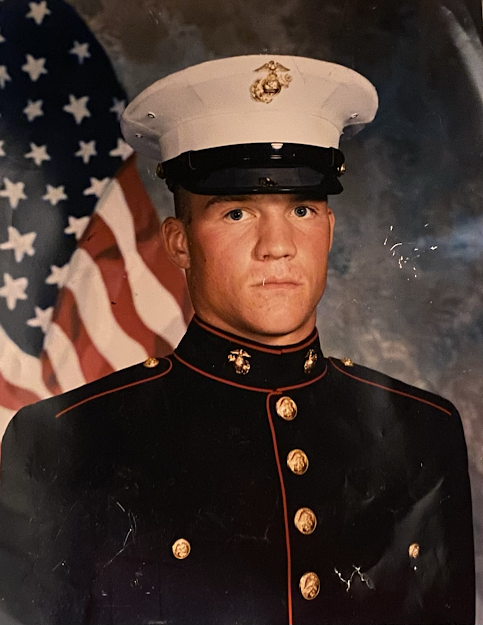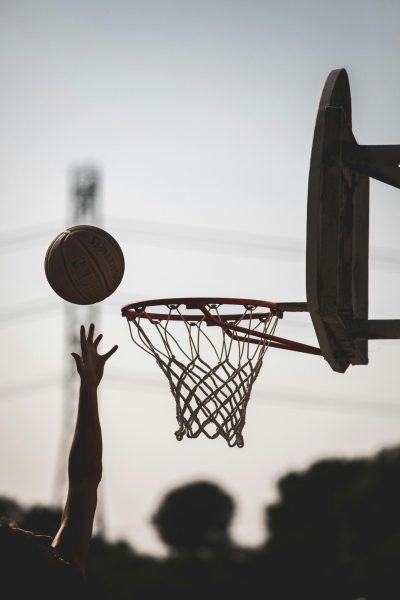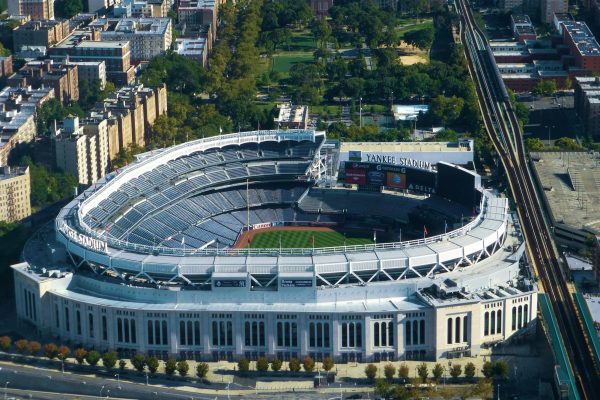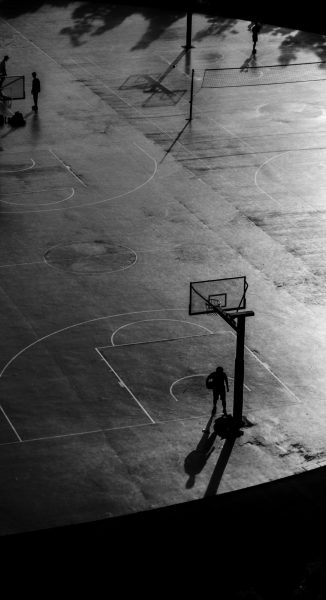Q&A w/ Peter A. Haviland US Marines
Peter A. Haviland is a retired United States Marine Corps Staffsargent, who had volunteered to put himself in harm’s way to serve and protect our nation for 20 years. Haviland is a wounded warrior that had earned the Purple Heart Award on August 26, 2004.
BH: When did you enlist? How long did you serve for, and what was your rank when you retired
PH: “I enlisted in the United States Marine Corps August 1995, in Springfield Massachusetts, at 18 years old. I served for 20 years and 15 days, and retired when I was 38 as a Staff Sergeant”
BH: Describe how you tell your family and friends that you were joining the military? And how did they respond?
PH: “My dad had me visit all the other branches of service before I made my final decision”
BH: What were some of the reasons that you joined the military? What were some of your concerns?
PH: “I joined the military because I didn’t want to go to college, and I wanted to travel. I didn’t really have any concerns”
BH: How did you imagine military life before you joined compared to what it was like after your experience?
PH: “I imagined it to be harder than it was”
BH: Describe basic training and where did you receive training?
PH: “There was a lot of exercising, we did a lot of running and cardio. There was only two recruit depots in the US, I went to Paris Island in South Carolina”
BH: How do you think your time in the military affected you? Describe the return to normal civilian life
PH: “I believe my time in the military affected my maturity. But if I hadn’t joined I would have no idea where I would be now. Returning to civilian life was challenging but very good on moving back to family”
BH: What do you wish civilians understood about military service?
PH: “I don’t really have a comment on that”
BH: What are some things you miss about being in the service? What are some things you are glad to have left behind?
PH: “I would say the main thing that I miss are my co-workers. I don’t really have any regrets, but i don’t miss getting woken up early and getting phone calls throughout the night”
BH: Where were you stationed at
PH: “I was stationed at Okinawa, Japan, 29 Palms California, Camp Lejeune, North Carolina, FortLeonard Wood, Missouri, and Cherry Point, North Carolina”
BH: which was your favorite and what place was the worst?
PH: “My favorite place would be Okinawa because of the waters, and the least, Fort Leonard Wood, I was instructing all the time”
BH: What is the strongest memory you have in the Marines?
PH: “I would say the thing I remember the most are my deployments going to Iraq and Afghanistan, it was applying what we trained for into real life situations”
BH: What rank are you most proud to have earned, and why?
PH: “Staff Sergeant, I was there the longest, and that’s where I left the Marines”
BH: Which medals or citations are you most honored to have received, and why?
PH: “My navy achievement medals and my Purple Heart. They were both personal awards that I received”
BH: When did you receive the Purple Heart?
PH: “I revived the Purple Heart in August 26, 2004”
BH: What was the incident that led to you receiving the Purple Heart award?
PH:“I was in a convoy driving down one of the main supply routes in Iraq, and hit a road side bomb”
BH: How does that incident affect you now?
PH: “I got to meet a lot of older veterans with the purple heart, and I had my experiences with them working in the community”
BH: How many medals did you receive, what were some for?
PH: “I revived 13 medals, the Purple heart is from when I was wounded, the navy achievement medals are from different operations, and the Navy Unit citation is from different units I was with, I received it from outstanding work”
BH: How does your military experience affect your life today?
PH: “I have a retirement, and I have friends all over the country”
BH: Were there any major events that affected you in the marines other than the Purple Heart?
PH: “September 11th. We have been at war since then. And it changed everything since then”
BH: How did you communicate with family members or/and friends
PH: ”We all emailed, used satellite phones, and we went through operators”
Your donation will support the student journalists of East Lyme High School. Your contribution will allow us to purchase equipment and cover our annual website hosting costs.





